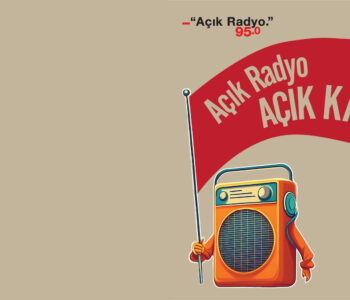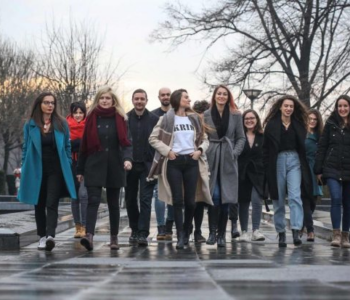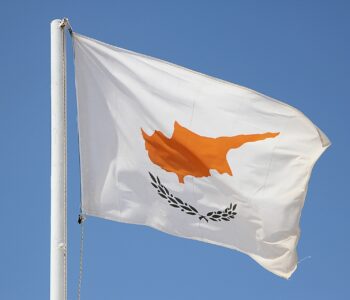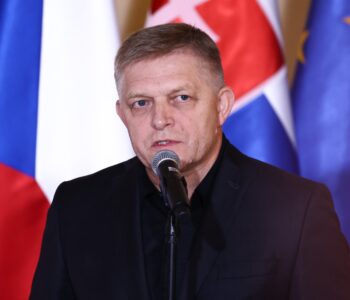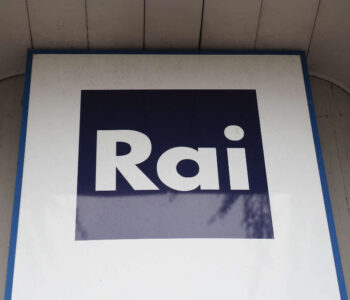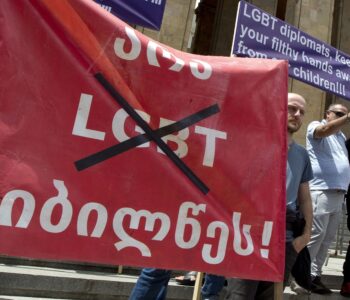 Library
Library
Belgium: Serious concerns over cases of preventive censorship involving…
Belgium: Serious concerns over cases of preventive censorship involving four media outlets
The Media Freedom Rapid Response (MFRR) partners strongly condemn the numerous judicial decisions aimed at preventing the publication of information by four Belgian media outlets. The return of preventive censorship, which the Belgian Constitution prohibits, marks an alarming deterioration of press freedom in Belgium.
On 10 October, the President of the Court of First Instance in Liège issued a “suspension order” to prevent the publication of an article of public interest in the daily newspaper Le Soir. The censored article concerned the legal consequences of an investigation into tax offences involving Maxime Degey, a local politician running for the municipal elections taking place on 13 October, and set to become the next mayor of Verviers (Liege province). On the pretext of a serious threat to the candidate’s “right to honour, reputation, and respect for private life”, the daily Le Soir and the Rossel group were silenced, three days before the vote. In addition, the order prohibited the media from disclosing the pleadings against Degey, on penalty of a 50,000 euro fine for non-compliance.
A few weeks earlier, the French-speaking Brussels Business Court declared itself competent to rule on the possible censorship of an RTBF investigation before its broadcast. The dispute concerned the RTBF investigation ‘Bailiffs, the debt business’ for its ‘#Investigation’ programme, which denounced alleged illegal practices by bailiffs. Named in the investigation, the bailiff company Leroy took legal action to have all references to its name removed before the broadcast, on pain of a €50,000 fine, claiming unfair commercial practices under the Commercial Code. Although the court ruled on 4 September that there was insufficient evidence to prove denigration, the referral of the case to the Business Court – which is not competent for ruling on press matters – set a dangerous precedent. By agreeing to consider such a request for preventive censorship, the court is acknowledging the possibility of misusing commercial law in the name of unfair practices to silence critical reporting.
Another ongoing procedure, initiated by the Belgian Minister of the Interior, aims to delete a total of five articles of the Sudmedia group on the Qatargate corruption scandal and to prevent the group’s media from covering this topic in the future.
The MFRR urges officials to refrain from censorship practices, and instead strengthen the crucial protection of the journalists.
Such cases of preventive censorship violate the fundamental right of freedom of expression enshrined in the Belgian constitution (Article 19) as well as Article 10 of the European Convention on Human Rights. Under Article 25, the Belgian Constitution explicitly prohibits censorship, stating “The press is free; censorship can never be imposed”. A prohibition that was recently reiterated by the Ghent Court of Appeal on 28 March 2024 in the dispute between VTM TV channel and Het Laatste Nieuws and the political party Vooruit, in which Conner Rousseau, the president of Vooruit, had obtained at first instance a ban on the publication of critical articles about him.
Under no circumstances should the law be misused to silence journalists and hinder access to information of public interest. In light of this worrying development for press freedom, the Consortium calls on the judiciary to uphold the fundamental right to freedom of expression and to strengthen the protection of the media reporting on matters of public interest. The MFRR will continue to monitor the situation closely in order to prevent further violations of Belgian law and European standards, as such illegal practices are a dangerous threat to democracy.
This statement was coordinated by the Media Freedom Rapid Response (MFRR), a Europe-wide mechanism which tracks, monitors and responds to violations of press and media freedom in EU Member States, Candidate Countries and Ukraine.

